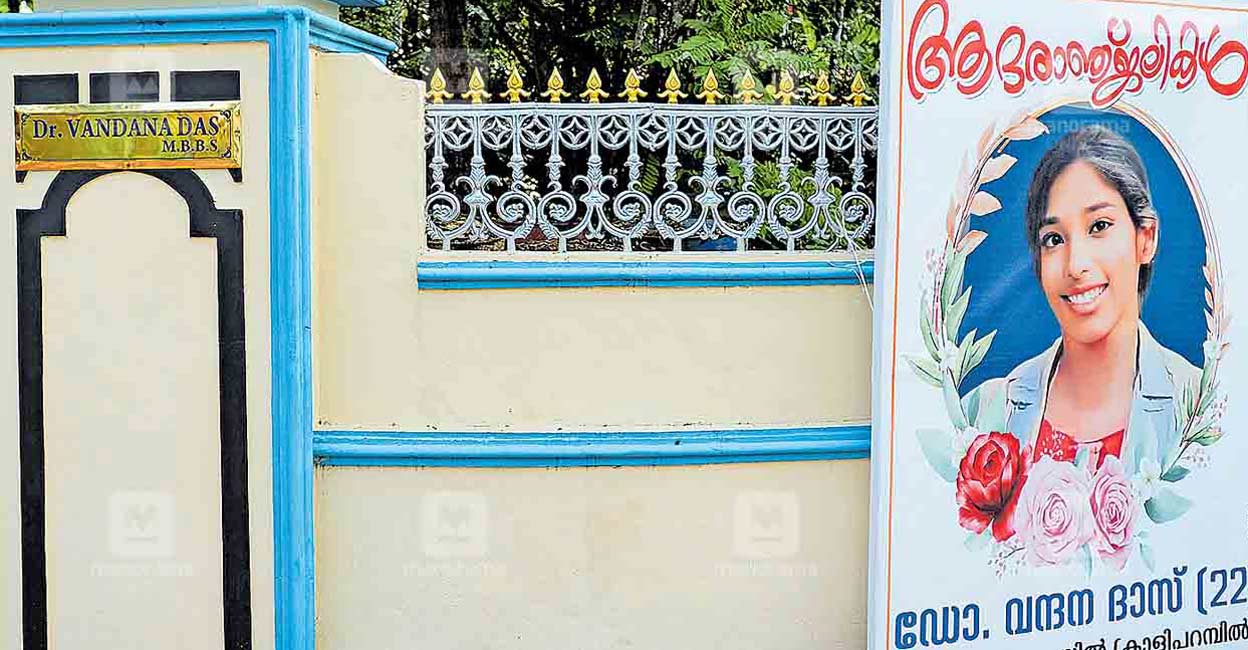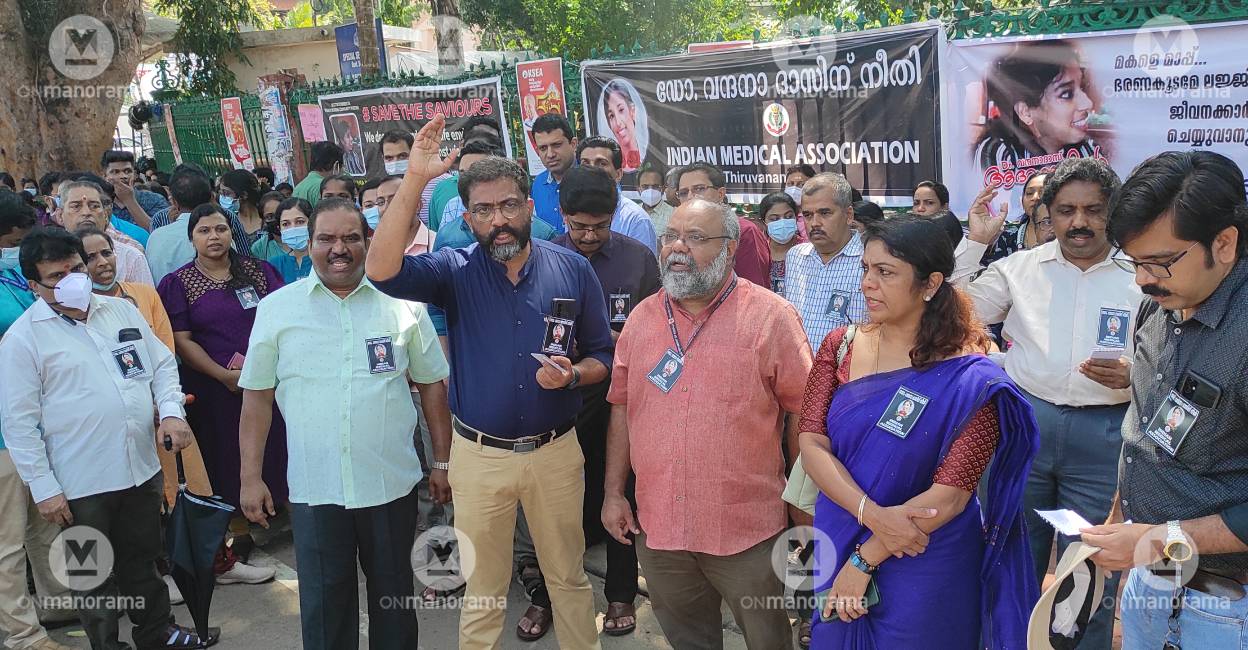How to prevent attacks on healthcare professionals: Emergency physicians suggest way forward

Mail This Article
In light of the murderous attack on Dr Vandana Das by a person in a fit of 'withdrawal frenzy' at Kottarakara taluk hospital on May 10, the Society for Emergency Medicine India (SEMI), the preeminent organisation for emergency physicians and paramedics in the country, has called for the conversion of hospitals into 'safe zones' for healthcare providers.
The creation of 'hospital safe zones' is a combination of the enforcement of already existing laws and the establishment of protective measures. "Any act of violence against doctors should be a non-bailable offence. The arrest should be immediate," the SEMI president Dr Shiju Stanley said. In fact, this is the existing law. The fcat is, the law is not being enforced.
Under the Kerala Healthcare Service Persons and Healthcare Service Institutions (Prevention of Violence and Damage to Property) Act, 2012, any act of violence committed against healthcare service persons is cognisable and non-bailable. "But for the government to invoke the law, doctors will have to go on strike," Dr Stanley said.
He gave the example of the attack on a doctor and nurse at a hospital at Parassala in Thiruvananthapuram two months ago. "The attack was caught on the CCTV camera in the hospital. Yet, it took four days for the police to arrest the culprits. That too, only after the doctors went on strike," Dr Stanley said. "We have never tired of telling the health minister (Veena George) and Chief Minister Pinarayi Vijayan, whenever we got an audience with them, that the attacks on doctors and nurses should be considered non-bailable and immediate arrests made. If the government refuses to imbibe the spirit of the law, such incidents will continue unabated in Kerala," he added.
Besides enforcement, there should be procedural changes. People in police custody are generally taken to government hospitals and they get to meet the doctor just like any other walk-in patient.
"This should change,” Dr Stanley said. “The police should inform the hospital and the doctor in advance about the arrival of the accused," he said.
Similar prior warnings are issued when such people are taken by the police to a court or a lawyer. "Better still, they are taken to these places with adequate protection. Why can't such prior information be passed on and protection mechanisms put in place when such potentially dangerous patients are taken to a hospital or a doctor," Dr Stanley said.
He said that there should be a police aid post in every government hospital. “If that is not possible, there should be a strong police presence at least when persons in custody are brought to hospitals,” he said.

Further, if it is not an emergency, the SEMI president said that it should be made mandatory for the police to take the doctor's appointment because most of these patients, because of their unpredictable nature, should not be examined in the presence of other patients. "These patients can be a risk not just to healthcare providers but also to other patients," Dr Stanley said.
In the Kottarakara case, there was no emergency and, therefore, the SEMI feels that the police should have warned the hospital in advance about the patient's arrival and ensured that necessary precautions were in place. “Such persons, irrespective of whether they are big or small criminals, should be handcuffed while being taken to the doctor. The risk factor should be eliminated completely,” he said.
The government hospitals should also be equipped with modern equipment. "CCTVs are a must, even in primary health centres," Dr Stanley said. He said that hospitals should also display warning boards that declare any attack on healthcare providers as non-bailable.
He said the security apparatus should seem strong and efficient to function as a deterrent. "Take airports, for instance. All manner of people - criminals, smugglers, drug peddlers, alcoholics, addicts - pass through it. But have you ever heard of even a minor scuffle in the airport?" he said. "It is because of fear. People fear the security mechanism in airports. The efficiency and aura of the security system should act as a preventive force in hospitals, too," Dr Stanley said.

He said that there should at least be one security personnel with a gun in front of casualties/emergency rooms. "This is not to shoot or harm anyone but to instill fear," he said.
The SEMI president also doubted the quality of security services in hospitals. "These private security agencies send their strongest men to malls and cinema theatres. And to hospitals, they send old and infirm people who had taken up the job after retirement. Now it has fallen on the doctors and nurses to protect these security men, too," he said.
Finally, Dr Stanley said overcrowding should be avoided. "Hospitals should not be seen as a place where people should come in large groups as if they were visiting a festival ground. When there is a large crowd, the chances of things getting out of hand are higher," he said.

